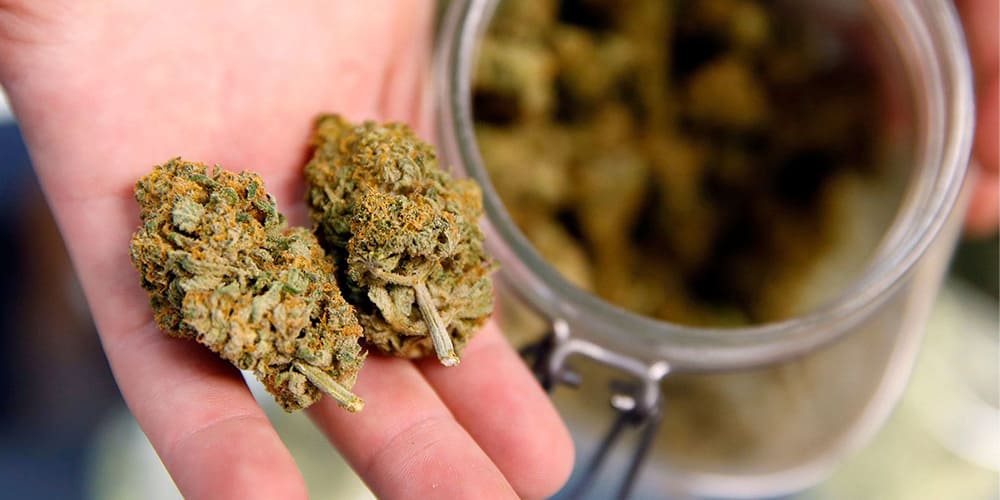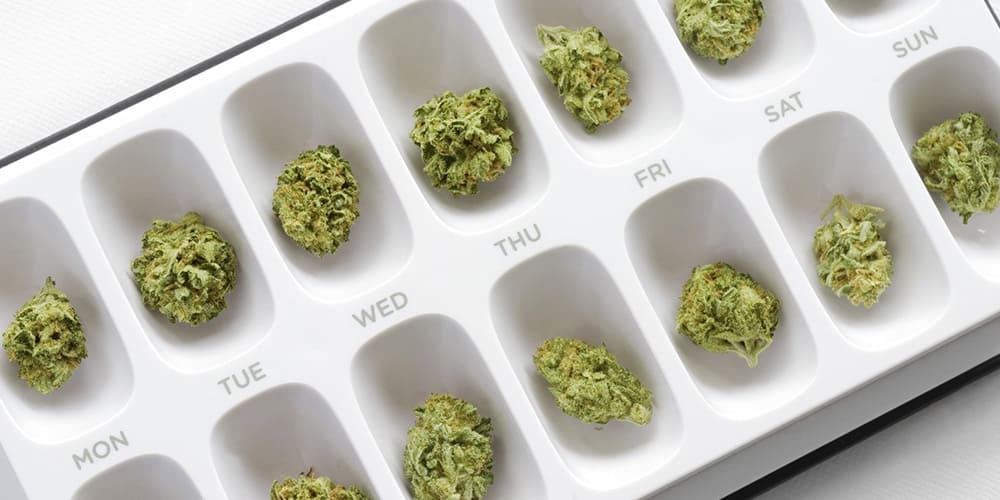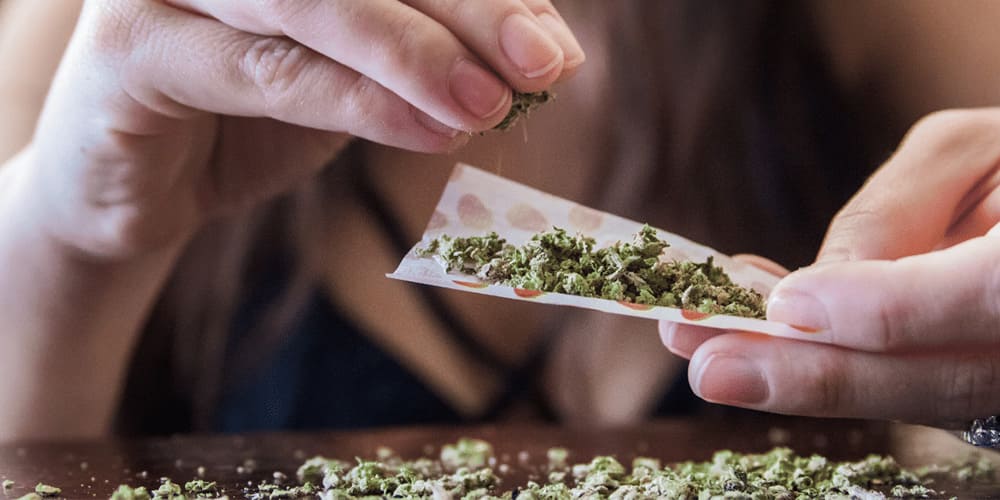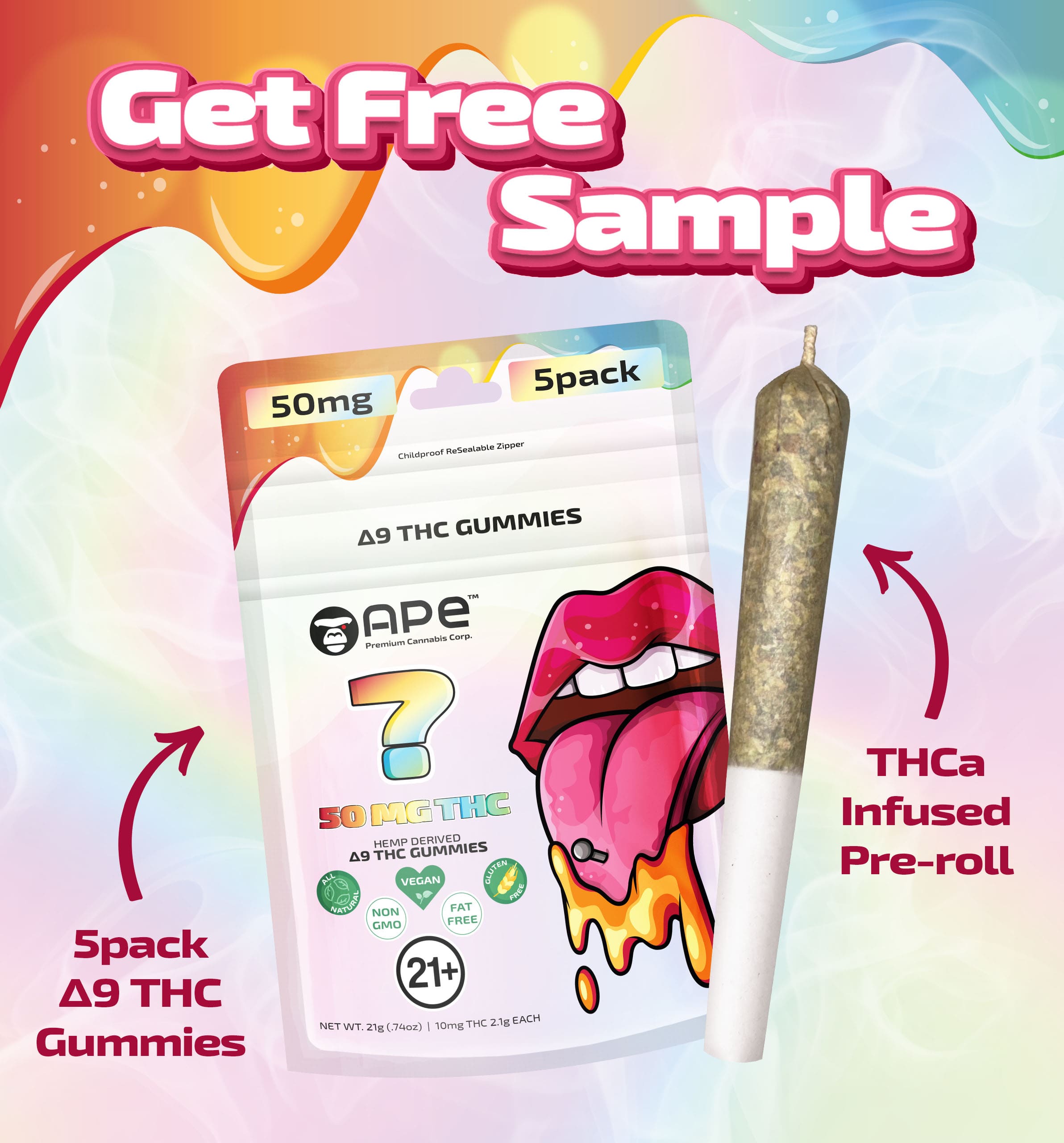How to Use Cannabis to Manage Stress?

In our bustling age, tension shadows our steps. From incessant notifications to looming deadlines, its grip tightens. Overlooking it spells trouble. Tackling everyday trials requires smart stress-busting strategies to safeguard our minds.
Some find solace in gentle tunes, immersive breaths, or herbal infusions. Others turn to cannabis to manage stress, intrigued by its calming properties. While a few seek peace in meditation’s embrace or the fluid moves of tai chi.
There are those who chase adrenaline with intense workouts, invigorating saunas, or chilly showers. Simple joys like pet playtime, vibrant beats, or tidying spaces can also shift focus. For a significant number, the allure of cannabis or CBD beckons. But the question remains: is weed the definitive answer to stress? Let’s delve deeper.
To understand how cannabis works and what effects it has on the human body, we recommend reading these articles:
Does weed help with stress?

Countless individuals attest to the therapeutic effects of physical activity and social engagements as reliable stress busters. Delving into social scenarios has a remarkable knack for uplifting endocannabinoid levels, tempering feelings of overwhelm, and kindling positive vibes.
Many also consider the use of cannabis to manage stress as an adjunct to these strategies.
Equally, physical exertion not only boosts endocannabinoid activity but also often culminates in the exhilarating sensation termed the “athlete’s joy.”
Incorporating cannabis into one’s routine introduces an external array of cannabinoids. These latch seamlessly onto our native receptors, bringing about instantaneous stress reprieve, further pushing the narrative of cannabis to manage stress.
A multitude of cannabis aficionados liken their experience to a symphony of elation, tranquility, and heightened camaraderie — elements pivotal in dissipating stress nuances.
Pondering over cannabis’s genuine prowess against stress? A contemporary exploration prompted users to introspect on their stress gradients before and after a session. The findings? An overwhelming majority, precisely 93%, vouched for a palpable decline in stress after indulgence.
Yet, foundational stress metrics held their ground, unchanged. This prompts curiosity: might persistent cannabis indulgence recalibrate the stress blueprint in its regular patrons?
If you decide to try cannabis in the fight against stress, we recommend that you turn to the classics OG Kush in Sauce Cart. This strain is also known as “Premium OG Kush”. It is hybrid with a unique terpene profile that boasts a complex aroma with notes of fuel, skunk, and spice.
Or what about Chunky Monkey strain in mini joint? This sativa strain is beloved for its ability to leave users feeling both stimulated and ravenous. Boasting a THC content of 18%, this strain is known to produce a pleasant combination of happiness and relaxation, and it is often praised for its ability to induce a sense of euphoria.
Microdosing Could Be Key

Research indicates that cannabis can be a potent ally against stress. Its therapeutic potential in the realm of mental health has prompted many to turn to cannabis to manage stress. Yet, its benefits shine brightest when administered in small quantities.
Surprisingly, THC, a compound found in cannabis, might alleviate anxiety at minimal doses but exacerbate it at larger ones, due to its biphasic nature.
Similarly, CBD has shown promise in tackling anxiety, making it another tool in the arsenal of cannabis to manage stress. However, its effects can be dual-sided.
Some users find it invigorating, while others feel it promotes relaxation and even drowsiness. Unlike THC, which interacts directly with CB1 or CB2 receptors, CBD’s calming effects seem to originate from its interaction with the 5HT1A serotonin receptor.
For those wrestling with sleep disturbances or looking at cannabis to manage stress-related insomnia, a combination of CBN, minimal THC, myrcene, and linalool might prove more beneficial than relying solely on CBD.
Interestingly, THC might offer solace to those with PTSD by decreasing REM sleep duration, potentially curtailing nightmares. The sedative or awakening nature of CBD could hinge on the terpenes it’s paired with.
For instance, a concoction of linalool, myrcene, and humulene might induce sleepiness, while a mix of limonene, pinene, and beta-caryophyllene could be more invigorating.
THC’s interaction with CB1 receptors might amplify the impacts of other cannabinoids and terpenes. However, understanding its full role in the potential of cannabis to manage stress remains a subject of further exploration.
Dosing for Stress, Anxiety, and Depression

Exploring the efficacy of cannabis in addressing emotional challenges like stress and anxiety, findings from a notable institution bring to light some interesting data. Their research suggests:
“A solitary inhalation of a cannabis strain enriched with CBD and minimal THC can notably curtail symptoms of melancholy. In contrast, dual inhalations from any variant of the herb seemed effective against anxiety. Yet, for tangible stress relief, multiple inhalations of a variant dense in both CBD and THC were paramount.”
However, gauging intake by “inhalation” introduces vagueness due to the myriad of cannabis strains available. The blanket term “any variant” seems too general when discussing its potential therapeutic scope.
A harmonious blend of THC and CBD, in a 1:1 ratio, might temper the mind-altering properties of THC while preserving its medicinal benefits.
Experimenting with diverse ratios, such as 3:1, 2:1, or even an even blend in conservative volumes (0.1 ml – 0.25 ml) taken a few times daily might pinpoint what resonates best for each individual.
On the topic of administration, directly burning the plant might not be the most therapeutic choice. Superior-grade vaporizing devices are viable alternatives.
Still, some single-use models may compromise quality, hinting at potential respiratory risks. Precise-dose inhalers stand out as another promising avenue.
Undoubtedly, cannabinoids operate within an optimal therapeutic window, amplifying benefits while curbing undesired reactions—a trait paralleled in numerous medications. A reassuring highlight is the negligible risk of a fatal overdose from cannabinoids, even with a bit of overindulgence.
Lastly, it’s pivotal to discern between general melancholy and the nuanced bipolar condition (occasionally termed “manic melancholy”). For those navigating bipolar challenges, abundant THC might be unwise, while the soothing aspects of CBD could be a boon.
Chronic cannabis use and a muted stress response

In popular culture, regular cannabis users are often portrayed as laid-back and unruffled. This stereotype prompts the question: is there any truth to the notion of using cannabis to manage stress? Recent studies seem to hint that prolonged cannabis intake might indeed temper our innate stress reactions.
In a recent study delving into the role of cannabis to manage stress, two groups were analyzed: one consisted of habitual cannabis users and the other had minimal exposure. Both groups were subjected to stress tests. The first was relatively mild, involving warm water and basic counting.
The second, far more intense, required participants to immerse their hands in cold water, engage in complex calculations, and endure the discomfort of being filmed.
To accurately assess stress levels, saliva samples were taken to measure cortisol, a key stress hormone. The outcome was intriguing. Habitual cannabis users displayed a consistent cortisol response, irrespective of the test’s intensity. In stark contrast, the less-exposed group showcased a marked cortisol spike during the intense test.
Moreover, regular cannabis users reported feeling more relaxed during the strenuous phase, bolstering the potential of cannabis to manage stress. These findings suggest that long-term cannabis use could indeed moderate typical stress responses. Yet, caution is necessary.
While these results are promising, further research is essential. As it stands, the scientific community is keen to determine if the lingering effects of THC might be tempering this stress reaction in frequent users.
Immerse yourself in the sensory delights of APE mini joints, thoughtfully infused with kief and dusted with sugar diamonds. APE Premium Cannabis Corp has handpicked a variety of strains to cater to your every craving – from the tranquility of indicas to the vigor of sativas.
Navigating the complexities of stress in our modern era requires a diverse toolkit. While traditional stress-relief methods have stood the test of time, the potential of cannabis as a therapeutic aid has garnered increasing attention.
With its multifaceted effects and the backing of emerging research, cannabis shows promise as a supplementary avenue for those seeking solace.
However, like any tool, its efficacy hinges on informed and judicious use. As science continues to unpack the nuances of cannabis and its interactions with our well-being, it’s crucial to approach its use with mindfulness, moderation, and a commitment to understanding one’s individual needs and responses.
















